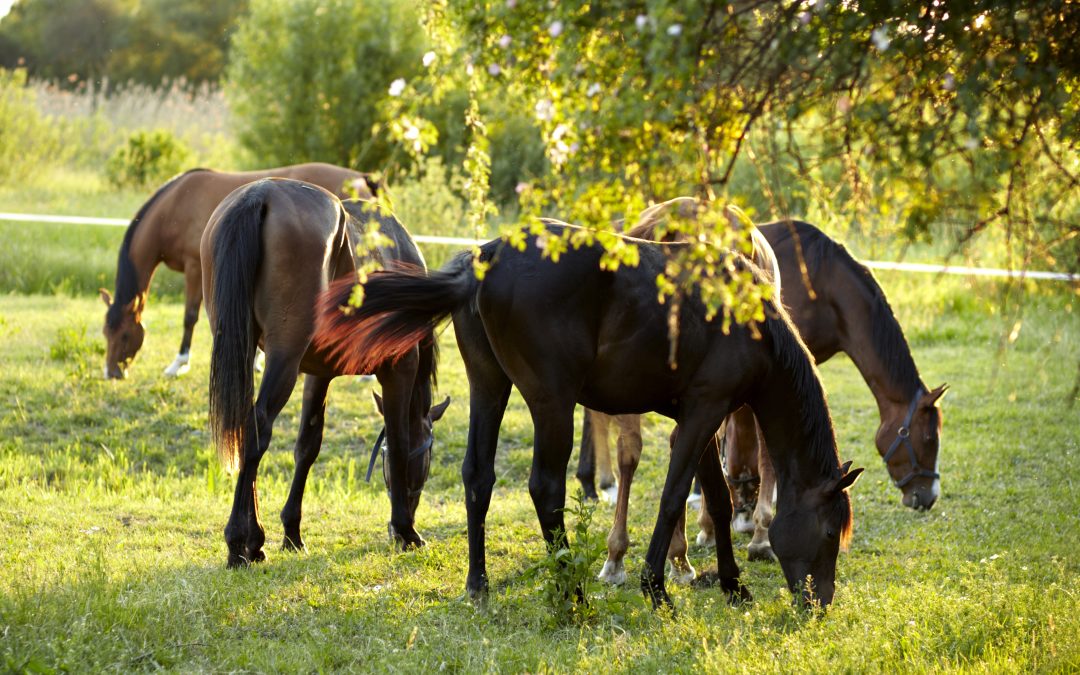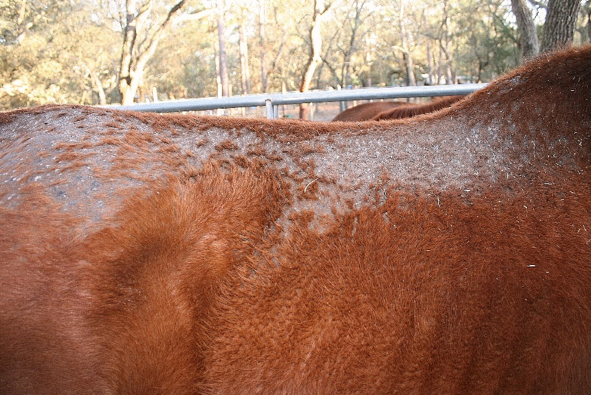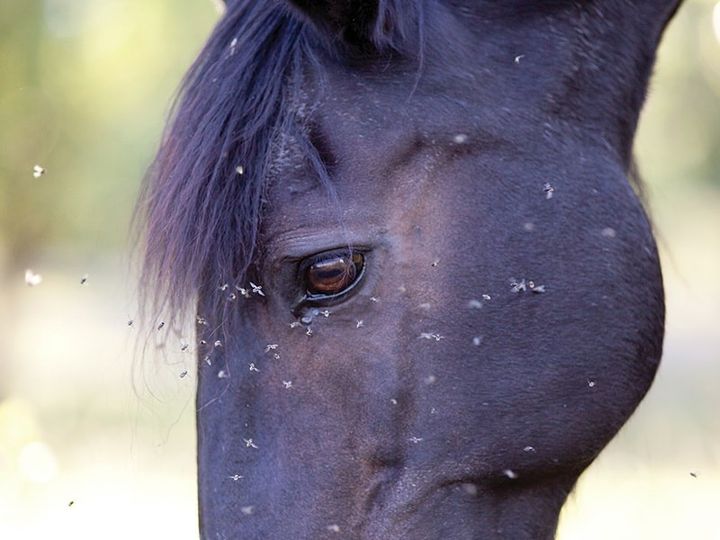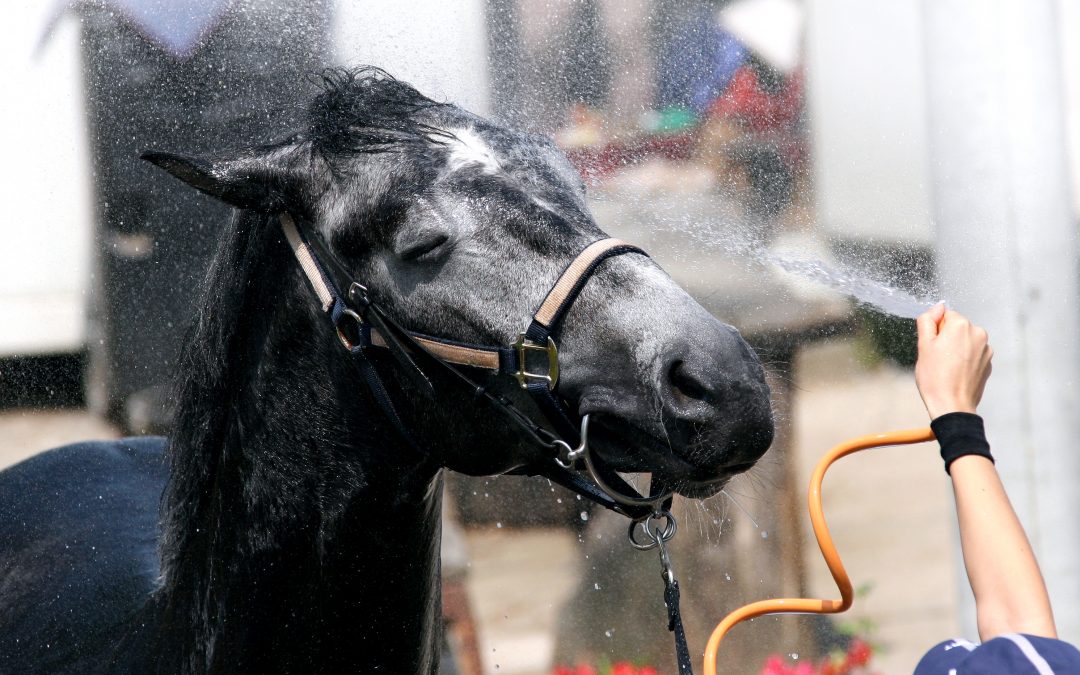
by Dr Kelly Gowland | Dec 1, 2022 | Equine Health, News
Granulosa cell tumours are the most common reproductive and sepecifically ovarian tumours to affect mares. They are benign, often unilateral but functional in nature but may have adverse effects on both cyclicity and behaviour. Mares with granulosa cell tumours...

by Dr Kelly Gowland | Dec 1, 2022 | Equine Health, News
Due to the ridiculous amount of rain the South-west (and everywhere else) has been experiencing of late, skin conditions such as ‘Dermo’ are common at the moment. Read here a bit about it, as it is a good one to avoid! The condition of dermatophilosis, or “Rain scald”...

by Dr Kelly Gowland | Dec 1, 2022 | Equine Health, News
Japanese encephalitis is a mosquito-borne viral disease that can cause reproductive losses in pigs and encephalitis in other susceptible animal species. Horses are a susceptible species. It is caused by Japanese encephalitis virus which is a member of the Flavivirus...

by Dr Kelly Gowland | Dec 1, 2022 | Equine Health, News
Heat stress can occur in all horses, and can occur over a relatively short period of time, particularly in the case of unfit athletes worked strenuously in high ambient temperatures, or can occur from protracted fluid and electrolyte loss during exhaustive exercise...





